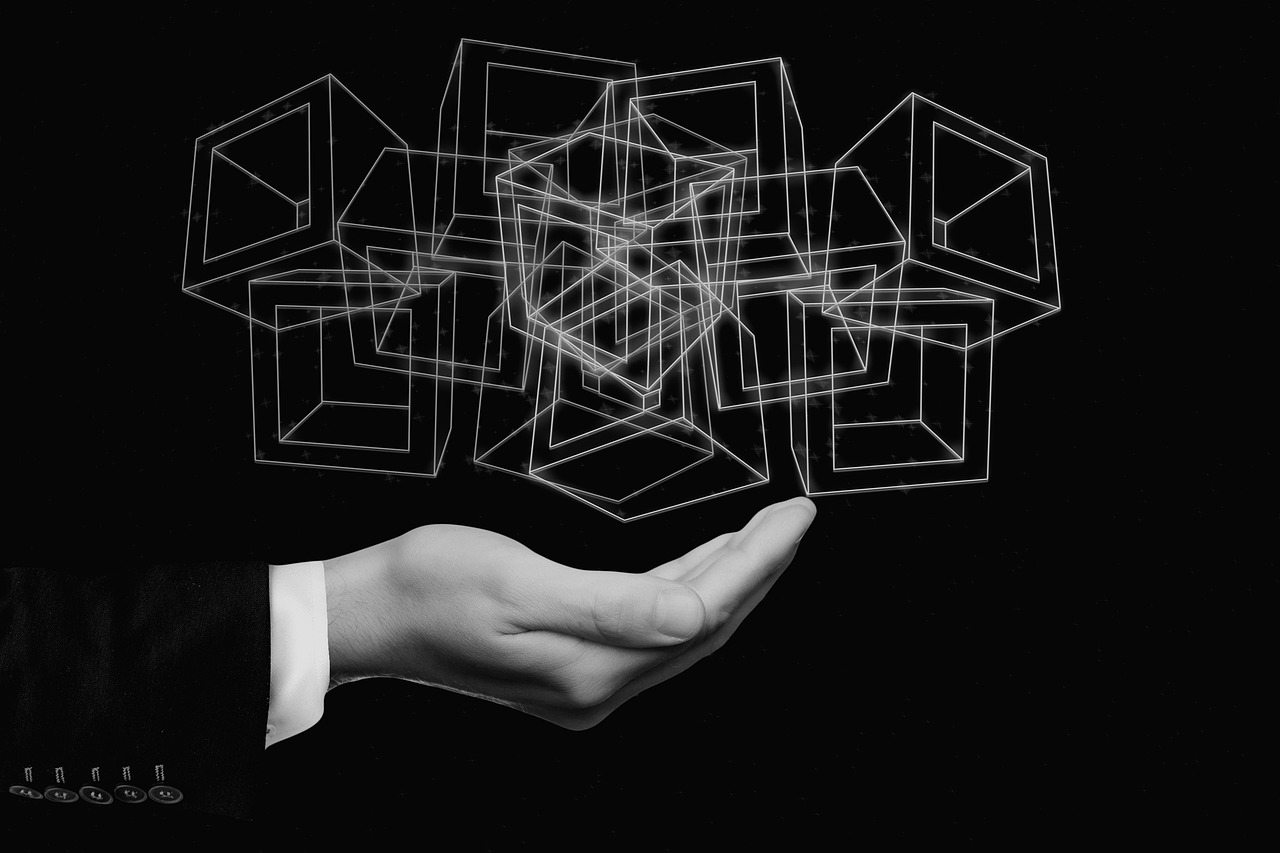The Future of Quantum Cryptography in Secure Elections
Traditional cryptography faces significant challenges in securing elections due to its vulnerability to sophisticated cyberattacks. Hackers have developed advanced techniques to exploit weaknesses in encryption algorithms, putting the integrity of election systems at risk. The reliance on fixed cryptographic keys makes it easier for malicious actors to intercept, manipulate, or fabricate sensitive data without detection. As a result, ensuring the confidentiality and authenticity of election processes becomes increasingly difficult with traditional cryptographic methods.
Moreover, the rapid proliferation of computing power has rendered many traditional encryption techniques outdated and susceptible to brute force attacks. In the context of election security, this poses a grave concern as it opens the door for unauthorized parties to compromise electoral data and manipulate election results. The constant arms race between cybersecurity specialists and cyber adversaries further complicates the challenge of using traditional cryptography to safeguard elections effectively.
Advantages of Quantum Cryptography in Election Security
Quantum cryptography offers unparalleled advantages in enhancing the security of elections in today’s digital age. Unlike traditional cryptographic methods, quantum cryptography relies on the principles of quantum mechanics to achieve an unparalleled level of secure communication. This advanced technology leverages the unique properties of quantum particles to create unbreakable encryption keys, making it nearly impossible for malicious actors to intercept or tamper with election-related data.
Moreover, the inherent properties of quantum cryptography ensure that any attempt to eavesdrop on communications would result in a detectable disturbance, alerting authorities to potential security breaches. This added layer of protection makes quantum cryptography a highly robust solution for safeguarding the integrity and confidentiality of election processes. With the increasing sophistication of cyber threats targeting electoral systems, the adoption of quantum cryptography represents a crucial step towards ensuring the trustworthiness and reliability of democratic processes.
How Quantum Cryptography Works
Quantum cryptography leverages the principles of quantum mechanics to ensure secure communication between parties by exploiting the unique properties of quantum particles. One of the fundamental aspects of quantum cryptography is the use of quantum key distribution, where quantum bits, or qubits, are employed to create a secure key that can be shared between the sender and the recipient.
Unlike traditional encryption methods that rely on mathematical algorithms, quantum cryptography guarantees security through the principles of quantum uncertainty and entanglement. This means that any attempt to intercept or eavesdrop on the communication would be immediately detected, as the act of measurement in quantum mechanics alters the state of the system, alerting the communicating parties to potential interference.





